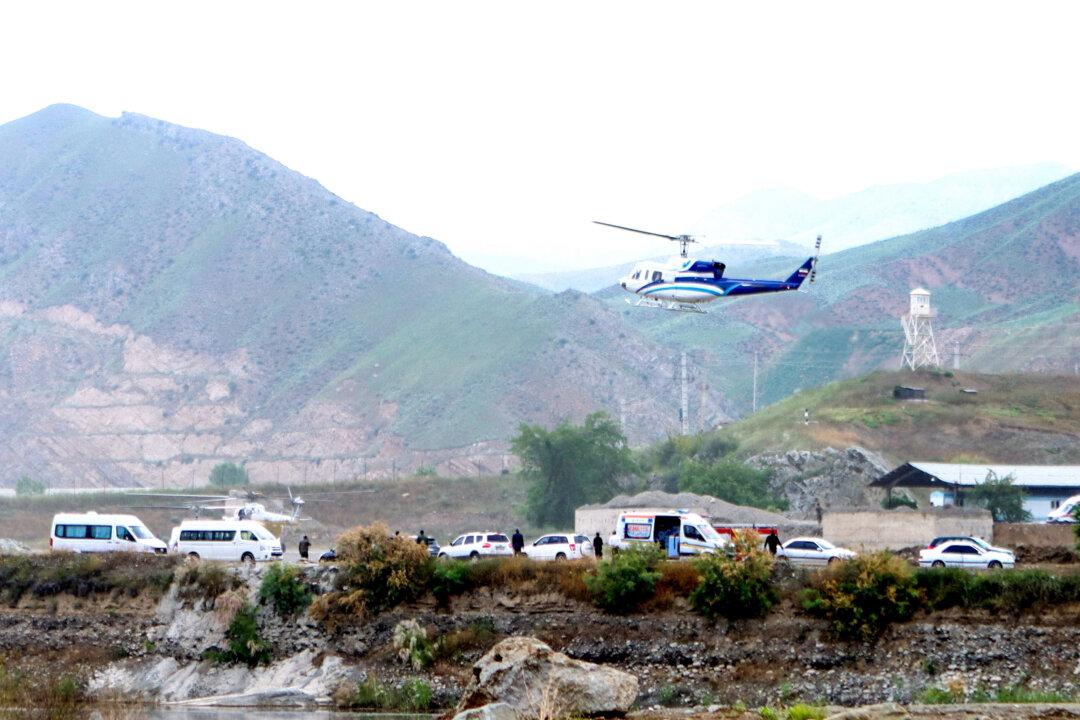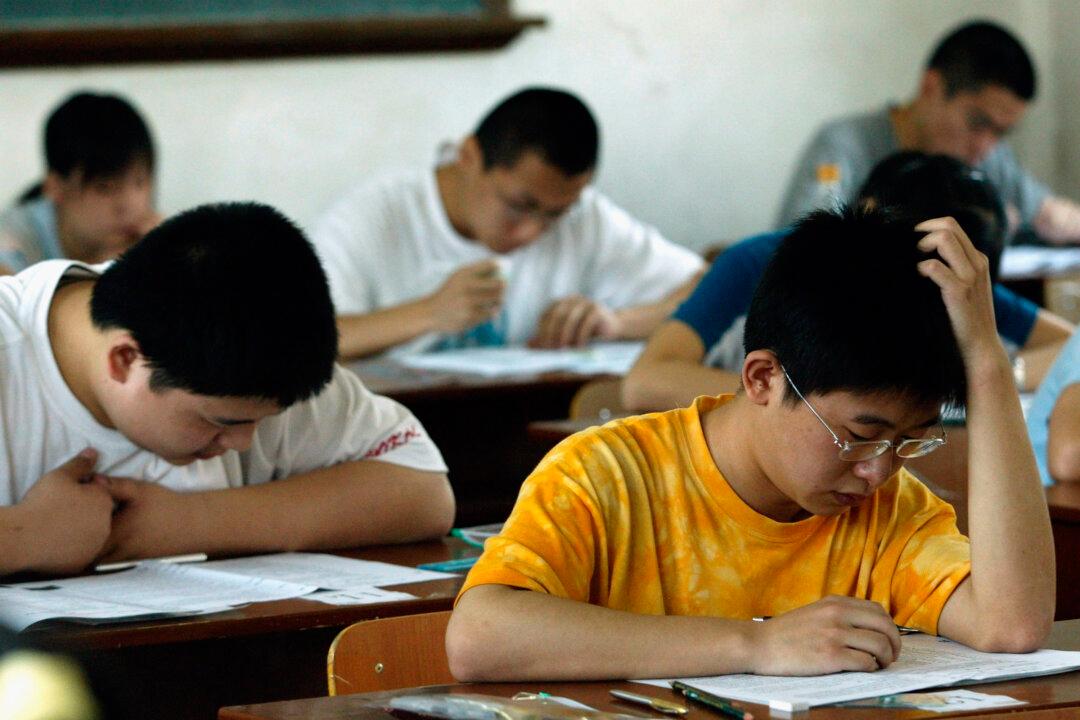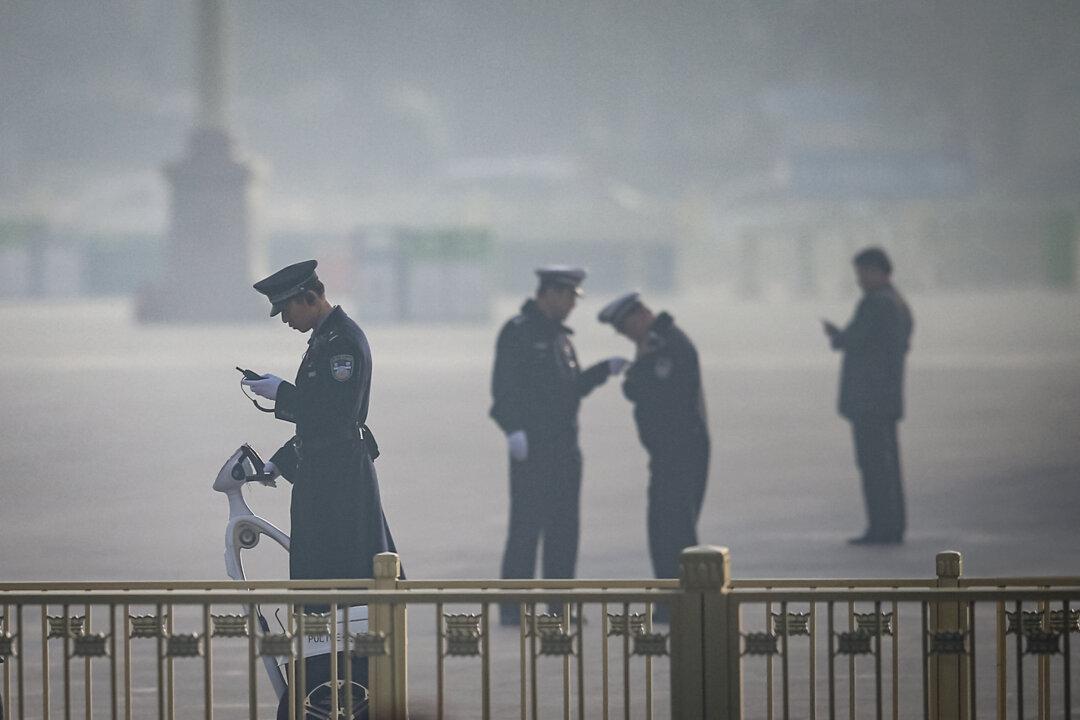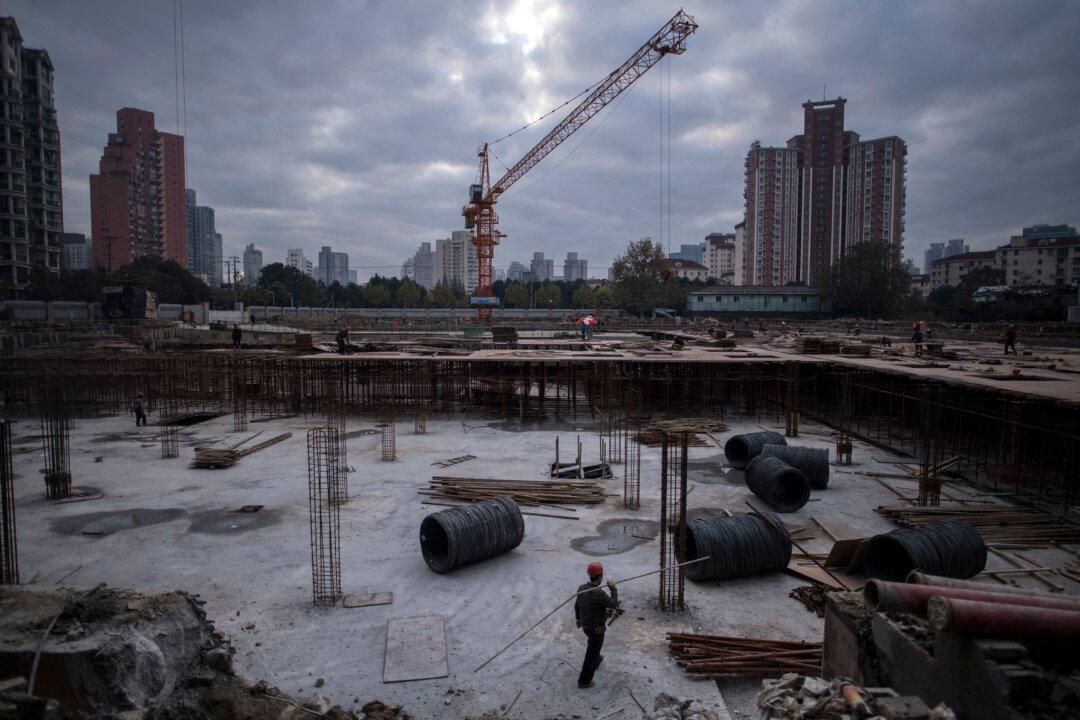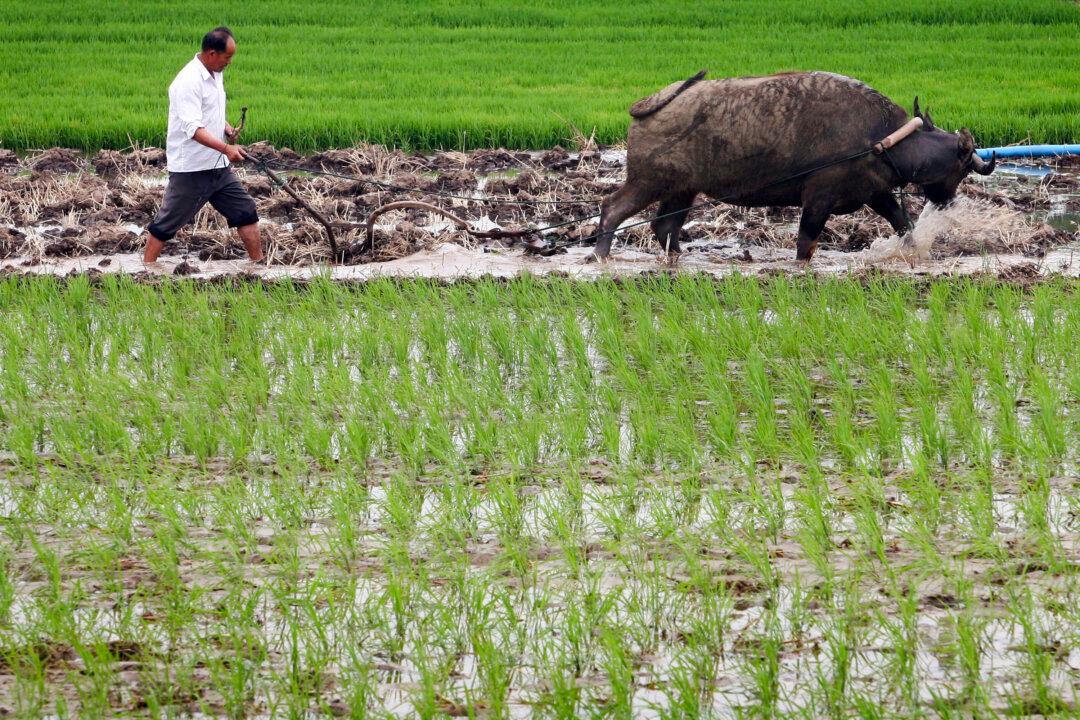Commentary
On May 20, President Ebrahim Raisi and Foreign Minister Hossein Amir-Abdollahian died in a helicopter crash, along with several other Iranian officials. Iranian state media reported that there were no signs of attack. Nevertheless, various conspiracy theories have emerged around this incident, speculating that the crash was not an accident. Suspects include the Mossad, the United States, and other rival factions within Iran.
